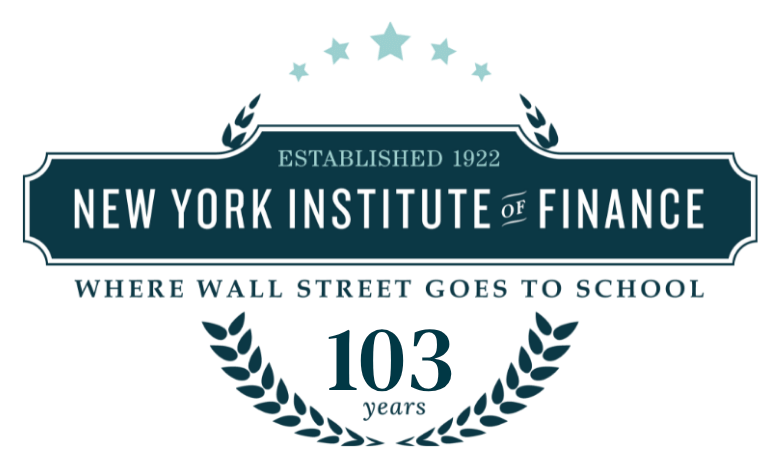Free Cash Flow Modeling
Employ free cash flow concepts to make better capital budgeting and acquisition decisions.
CPE Credits: 7
This course is a component of the M&A Professional Certificate
Prerequisite knowledge:
- Understanding of introductory accounting and corporate finance
Module 1: Free Cash Flow and the Objectives of the Firm
- Traditional Financial Management
- Why Cash Flow?
- Measures of Cash Flow
- Free Cash Flow: A Definition
- Adopting a Free Cash Flow Framework
- Relationship Between Market Value and Free Cash Flow
- Return on Investment and Cost of Capital
- Determining Free Cash Flow: Adjusting Accounting Data
Module 2: Components of Free Cash Flow
- Free Cash Flow Drivers
- Understanding the Components of Free Cash Flow
- Financial Metrics
Module 3: Cost of Capital
- Cost of Capital: A Definition
- Sources of Capital
- Cost of Debt Capital
- Cost of Equity Capital
- The Capital Asset Pricing Model
- Weighted Average Cost of Capital
Module 4: Capital Budgeting Using Free Cash Flow
- Goals of Capital Budgeting
- The Free Cash Flow Approach to Capital Budgeting
- Incremental Analysis Using Free Cash Flow
- Terminal Value Considerations
Module 5: Modified Free Cash Flow
- Investment Time Horizons
- Interim Financial Results and Free Cash Flow
- Strategic Investments
Module 6: Using Free Cash Flow to Evaluate Acquisition Opportunities
- The Benefits of Acquisitions
- Free Cash Flow and the Evaluation of Acquisitions
- What is Total Value Received?
- What is Total Value Paid?
- How is Incremental Synergy Value Determined?
- Using Free Cash Flow for Acquisition Valuation
Module 7: Integration of Acquisitions
- Integration Best Practices
- Integration Planning
- Linking the Cash Flow Valuation Model to Integration
